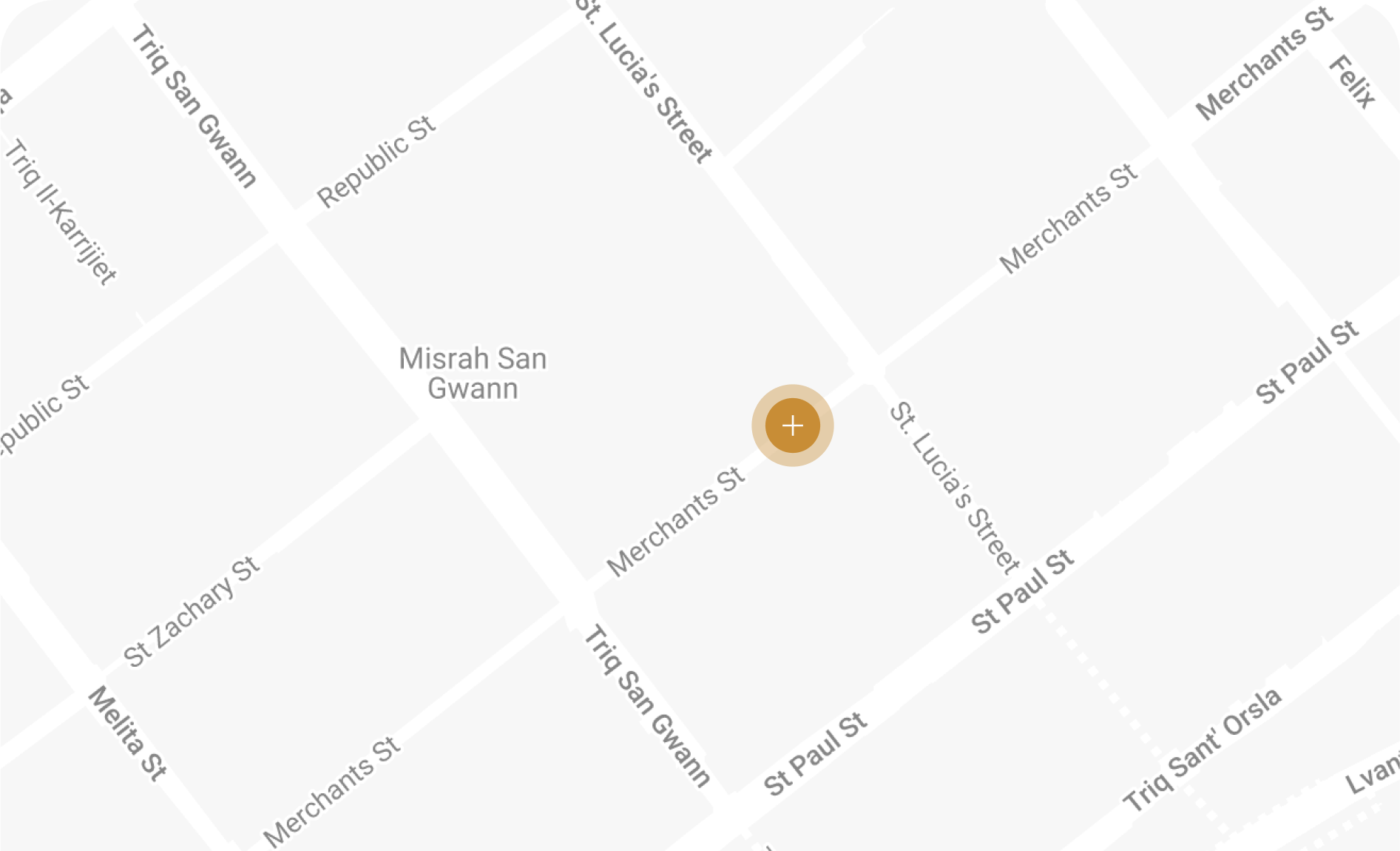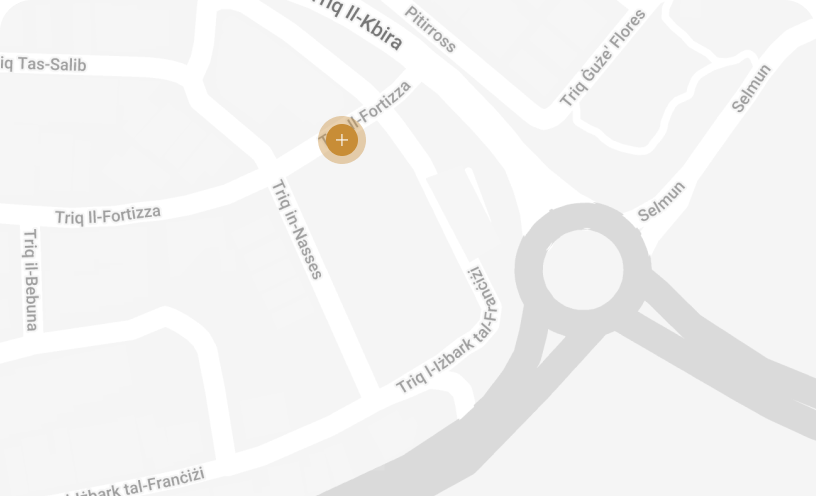What is Prosthetic Dentistry?
Prosthetic dentistry is a branch of dentistry that focuses on designing, manufacturing, and fitting dental prosthetics (artificial replacements) for patients who have lost or damaged teeth. These prosthetics can include crowns, bridges, dentures, and implants, which restore both the functionality and aesthetics of the teeth.
The goal of prosthetic dentistry is to improve the patient’s ability to chew, speak, and smile confidently while maintaining the structure of their face. It involves a combination of artistic design and technical skills to ensure that the prosthetic devices look natural and fit properly.
Different Types of Dentures
Acrylic Resin Dentures
Acrylic dentures are capable of replacing a single tooth up to a full arch of teeth. Teeth may be constructed in acrylic resin or full porcelain. Acrylic dentures are very versatile in that if remaining teeth are lost these may easily be added onto the denture in a single visit. Acrylic dentures may also use metal clasps to attach to remaining teeth.
Cobalt-Chromium Dentures
These dentures are acrylic dentures supported by a skeletal framework made out of nickel-free cobalt chromium. These dentures are much stronger and slimmer than normal acrylic dentures making them much more tolerable and comfortable. Teeth may also be easily added on and may too be in acrylic resin or porcelain.
Dentures with Acrylic, Composite or Porcelain Teeth
Teeth may be mounted on acrylic as well as cobalt-chromium dentures. Teeth may range from pre-fabricated acrylic or composite teeth as well as custom-made porcelain veneers maximising aesthetics. Dentures replacing single, multiple or full arches of missing teeth may be done in acrylic resin or acrylic resin with a metal framework. The advantages of the acrylic resin denture are its cost, colour and good aesthetics. The main disadvantage is the thickness required to strengthen the resin. Cobalt chromium dentures offer excellent rigidity, thickness to a bare minimum and a tight fit eliminating mobility. Its disadvantage is the potential visualisation of metal from certain angles as well as the body’s rare allergic reaction due to its composition.
Flexible Dentures
Flexible dentures are most commonly made from thermoplastics. This variety of dentures has different qualities than conventional dentures.
Advantages of Flexible Dentures
- Thin and bendable
- Comfortable, thanks to their soft material
- Unlikely to cause allergic reaction and BPA-free
- Unabsorbent of stains and smell
- Aesthetically pleasing and offering a natural look
- Strongly adherent to your gums (typically don’t require denture adhesive or metal clasps)
Disadvantages of Flexible Dentures
You may find that the downsides of flexible dentures are very reasonable compared with their numerous benefits.
Downsides of flexible dentures include:
- Cost may be higher due to complicated fabrication
- Can be difficult for dental professionals to fit or adjust
- More prone to bacterial buildup



